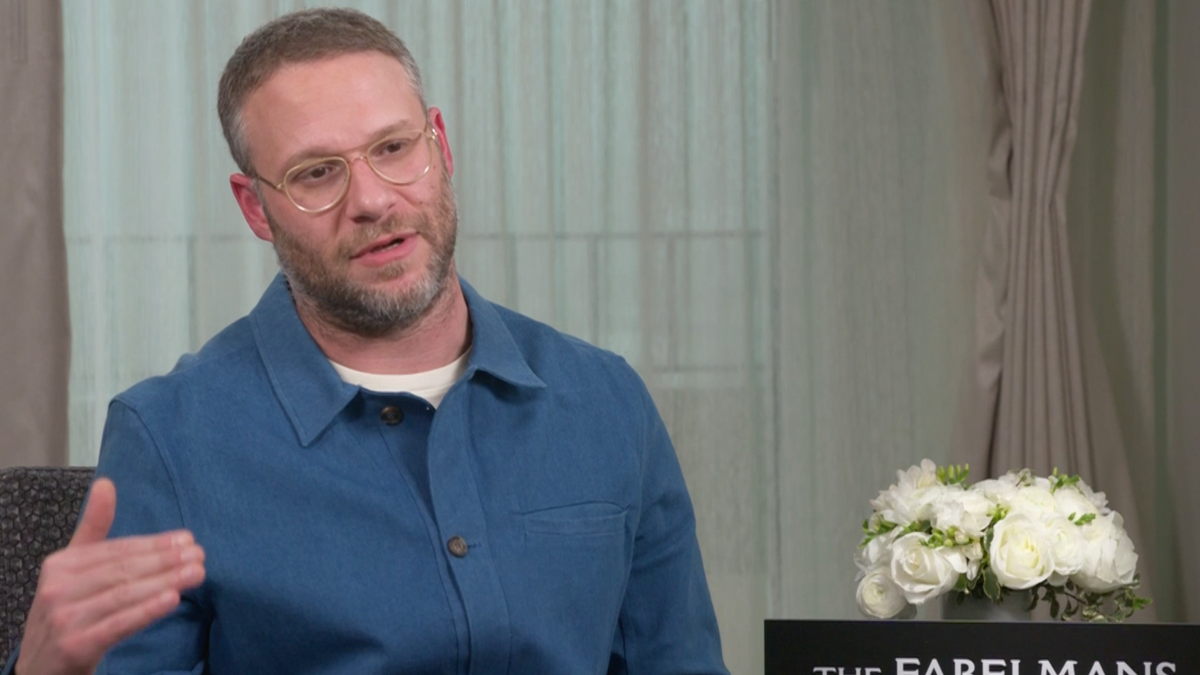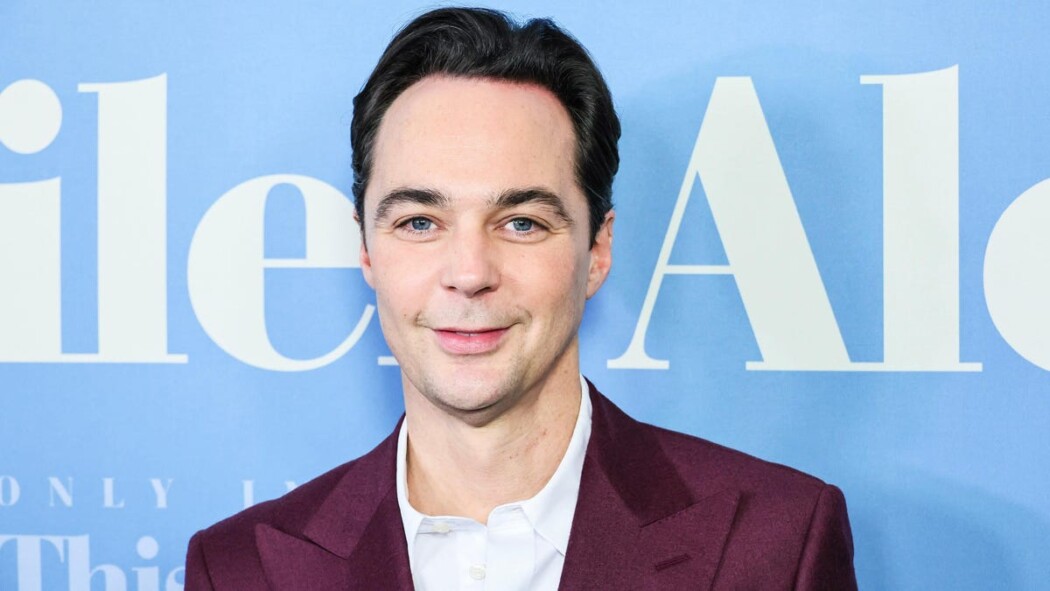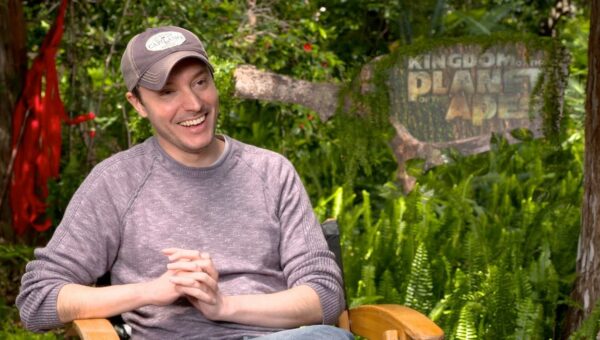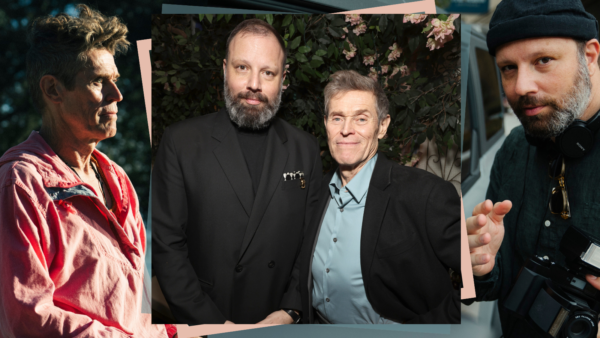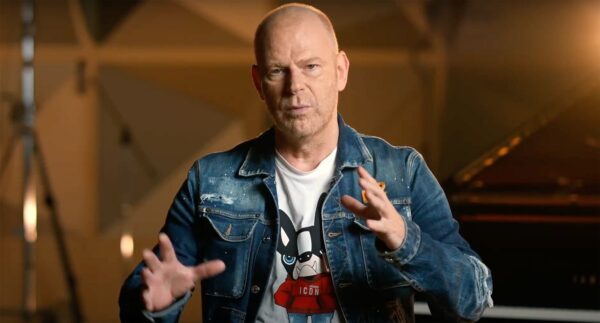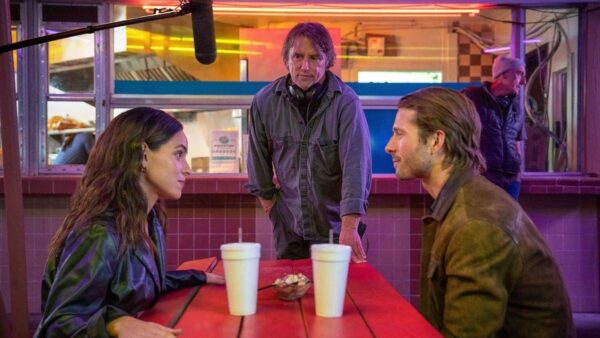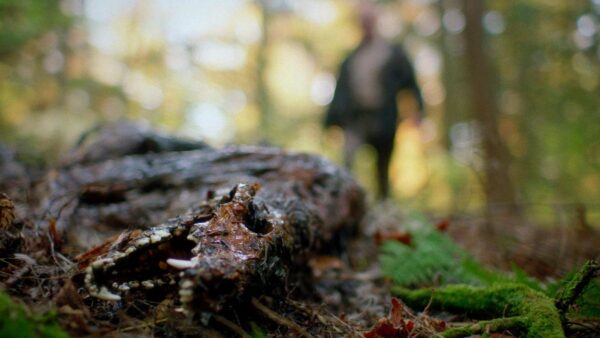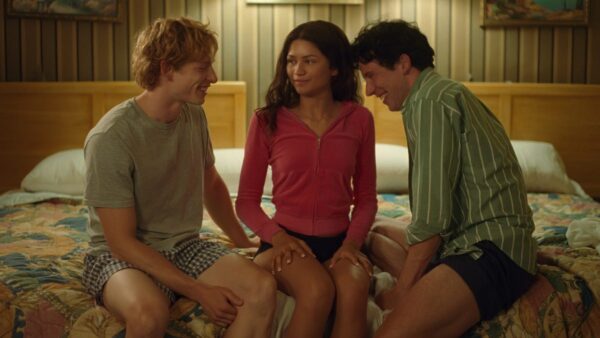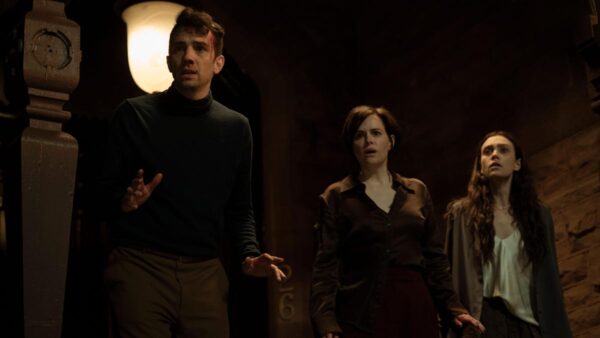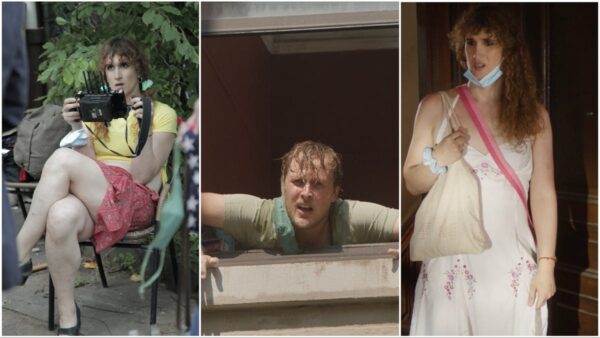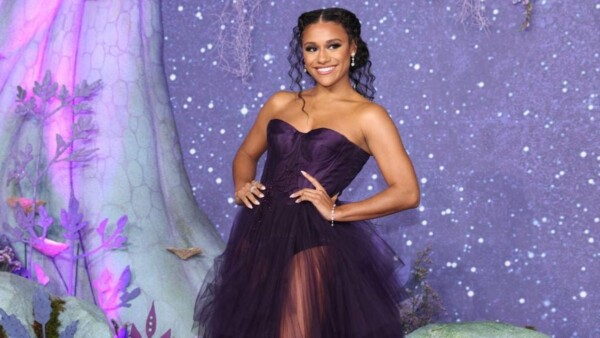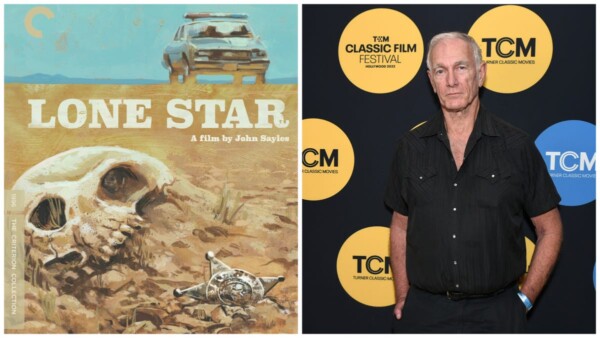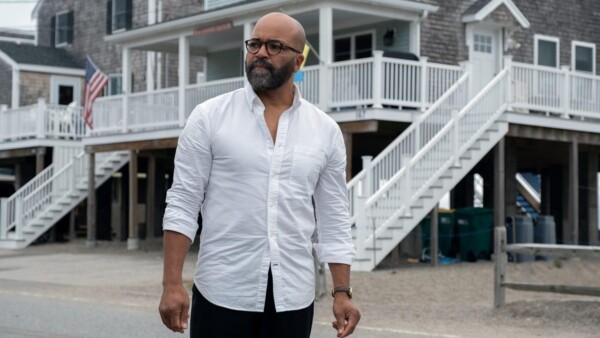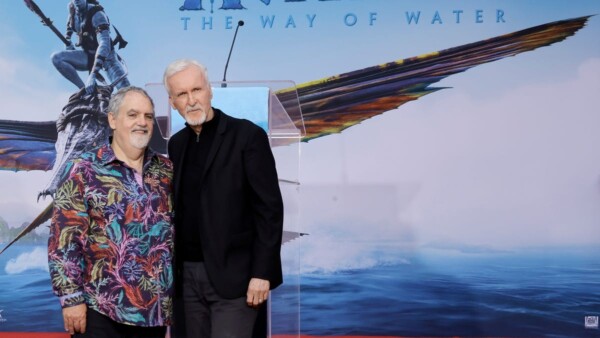Always dressed in bold colors, with poise and personality to spare, Janelle Monáe commands attention, whether it’s onstage as one of the most exciting musicians working today or onscreen in a film like Glass Onion: A Knives Out Mystery. With her pivotal role in Rian Johnson’s whodunnit sequel—the latest strong performance in a film career that includes star turns in Hidden Figures and Moonlight—Monáe continues her ascent as an actor who always bears watching.
Janelle Monáe and Edward Norton on their complex roles in “Glass Onion”
Despite her own acclaimed work, Monáe displays a deep sense of gratitude for other people’s talent. Perhaps that’s why she spoke so enthusiastically about her collaborators on Glass Onion, and discussed her recent, impromptu appearance with singer and icon Grace Jones during a September concert at the Hollywood Bowl during a conversation with The A.V. Club—which took place at the SCAD Savannah Film Festival where she received the event’s Spotlight Award. Monáe also discussed her eclectic creative ambitions, and the challenges of fulfilling them all (hint: it involves cloning).
The A.V. Club: How does it feel to be part of a big ensemble project like Glass Onion?
Janelle Monáe: Being a part of the cast that I’m a part of, I feel like I’ve gained family. We did a lot of bonding. We shot this in a pandemic, and so the producers were like, “Do not go out and get COVID.” So we had to stay with each other, and as a result of that, we would bond and hang out and do murder mystery parties in the middle of filming a murder mystery. Karaoke, Auxgod games, and just get a chance to really know each other on a deeper level. And I think all of that showed up on screen. There’s a lot of chemistry between us, and a lot of safety that was there as a result of getting an opportunity to spend real time with each other.
AVC: Rian Johnson is such an inquisitive filmmaker and so precise, and yet you can tell that he really wants you to bring each actor to bring themselves to the project. Was there something in particular you brought to the character that you play in this movie, that he encouraged or coaxed out of you?
JM: Rian is an ultimate collaborator. In addition to being one of my favorite directors and humans on this planet, he’s so collaborative. And I felt he was always asking me, “What do you think? What do you think? You’re here because I want to know what you think, and I want to know how you feel because your essence is what will ground this character.” And I always start like that, with the spirit of the character. What do they want? What is the motive? But really, the spirit. And once I can see the spirit, then I know what it is that I need to do. I know the assignment. And you have back and forth, but I have to trust my gut. As the actor, you have to own this role. You have to live with the role. You have to breathe it. You have to dream it. You have to have an intimate relationship with the character that you’re playing.
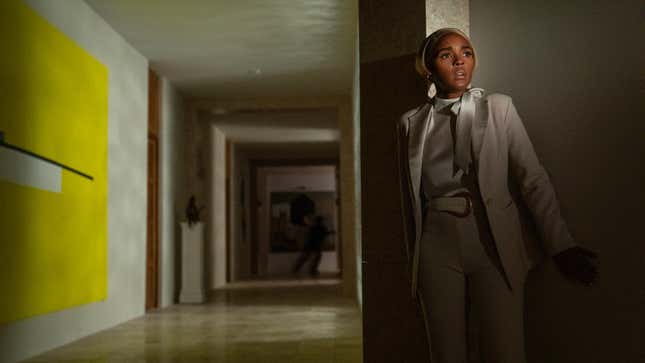
AVC: Everybody knows you so well as a musician, but I’m curious about creative process as an actor. You talked about finding the spirit of the character. Is that something intuitive, or do you have a more formal process?
JM: No, I can see the spirit in anything that I’m doing. If it’s writing a song, if it’s when I go to watch a concert, when I’m moved, I’m mostly moved because the spirit of that person came through. Even if the technique is not up to par, I feel that person’s spirit. I feel their soul. And so that has to be there—that’s non-negotiable for me. And I think of myself as more of a storyteller than just a musician or an actor. I think you tell stories through fashion when you have something to say. You tell stories obviously through TV and through film and through music. I’ve been very fortunate to be able to say something and also realize that maybe singing it will allow you to touch that spirit better than speaking it, or doing a film about it.
AVC: How has it been to find roles where you feel like you really can say something?
JM: I mean, sometimes you read something and some people will say, “Wow, you should do this for a reason.” And I’ll probably have to say no, because it’s not what I feel like I should be saying at the time. A lot of the movies that I’ve been able to make, I’ve been able to kind of forecast—in the most humble way. I’ve been able to forecast what I feel like is needed culturally. When I took on the role of Teresa in Moonlight, I feel like my culture, my community specifically needed that. They needed to see that representation. The world needed to see this black woman showing up and taking in this queer young boy who was discovering his identity, and listening to him, and being a good ally.
When I did Hidden Figures and I was Mary Jackson. I didn’t know about Mary Jackson growing up. I didn’t know about Katherine Johnson or any of the human computers, as they called them at NASA. Who else didn’t know about them? So it was important for me to represent the first black woman engineer at NASA, and to show the world as black folks, we’re not monolithic. We can be in the ghettos all the way to the engineering rooms in NASA. And hopefully that would help change people’s perception of what we can do, and what spaces we can be. We can be in fantasy, we can be in drama, we can be in horror. We can be in whodunnit genres. There are so many possibilities and so many opportunities to get to see a specific representation on screen. And so I think for myself, as long as I can continue to read those roles that stretch me as a performer and as an artist and as a thinker, I’ll say yes to them. And the ones that don’t, I’ll have to say no. And I know that in taking that stand, sometimes financially it won’t make sense. Sometimes, just in terms of work, people will be like, well, what’s next? Maybe your team may ask you all these questions. But, in the words of Teresa from Moonlight, when you know, you know.
AVC: In choosing roles, do you think at all about the opportunity for positive representation, as opposed to the responsibility of a more realistic, but maybe less positive portrayal?
JM: I think that there’s so many experiences and this notion that one person must represent all of one race, I’m not in agreement with. I think that telling our stories, as messy as they are, as beautiful as they are, as complex, as nuanced, all of it is welcomed. I think when you focus in on just one kind of story, one kind of journey, then that’s where I think real work needs to be done.
AVC: I spoke with Jon Brion about a week ago—
JM: Jon Brion? I love Jon. I miss him!
AVC: Well, he told me that you were a beautiful person, and brilliant. What it really reminded me of is the fact that it’s been a long time since we’ve heard new music from you. What’s the path you’re taking with your music while you’re exploring all these great acting roles?
JM: I’m so inspired. I’m at a point in time in my life where I’m present. I mean, I consider myself a futurist, but right now I’m a … presenturist. I guess that’s the new term, actively staying present, actively honoring where I am now musically and what I want to say, and what I want to do. And I will tell you, being in Greece and filming this film and coming back and and also reconnecting with my community of people from all around the world, around music, I do have a lot to say, and I’m in a very fun space.
AVC: With acting and music and all your other projects, how do you keep up with the pace?
JM: I have a company that will start distributing, maybe—I can’t speak on what year it will start, but I have a cloning company and I’ve cloned myself as the prototype [Laughs]. So I have a clone for the future fashion line that I’ll have. I have a clone on the music side. And you’re talking to our prototype right now. It takes clones, and logistics.
AVC: I saw you recently sharing the stage with Grace Jones at the Hollywood Bowl. It was exciting just to watch, it must have been even more exciting for you.
JM: You were there? Oh, my God. That night, that was just one of the most magical nights.
AVC: How inspiring are those moments for you?
JM: I think that me and Grace recognize our similarities and also what makes us uniquely us—and that’s a beautiful space to be, where I can honor her for her, and she can honor me for me. I think she’s absolutely opened up doors for artists like myself to own all of our energies and not box ourselves in because of societal norms or pressures. And I spend real time with her, like real time where I can ask her questions, her ask me questions. And that moment was so beautiful. But I’m so fortunate to be able to have her here to create more moments. And I think my validation always starts with me. But to be validated privately around my ideas and just how I want to represent myself in the world by her is no small thing. And for her to be able to see me and cheer me on, she came to my London premiere. She lives in London and she showed up. I actually watched Knives Out with her by my side. Watching Knives Out with Grace Jones by your side? Imagine that. The commentary is just iconic, to say the least.
Le texte ci-dessus est une traduction automatique. Source: https://www.avclub.com/janelle-monae-interview-glass-onion-moonlight-1849710720?rand=21407



